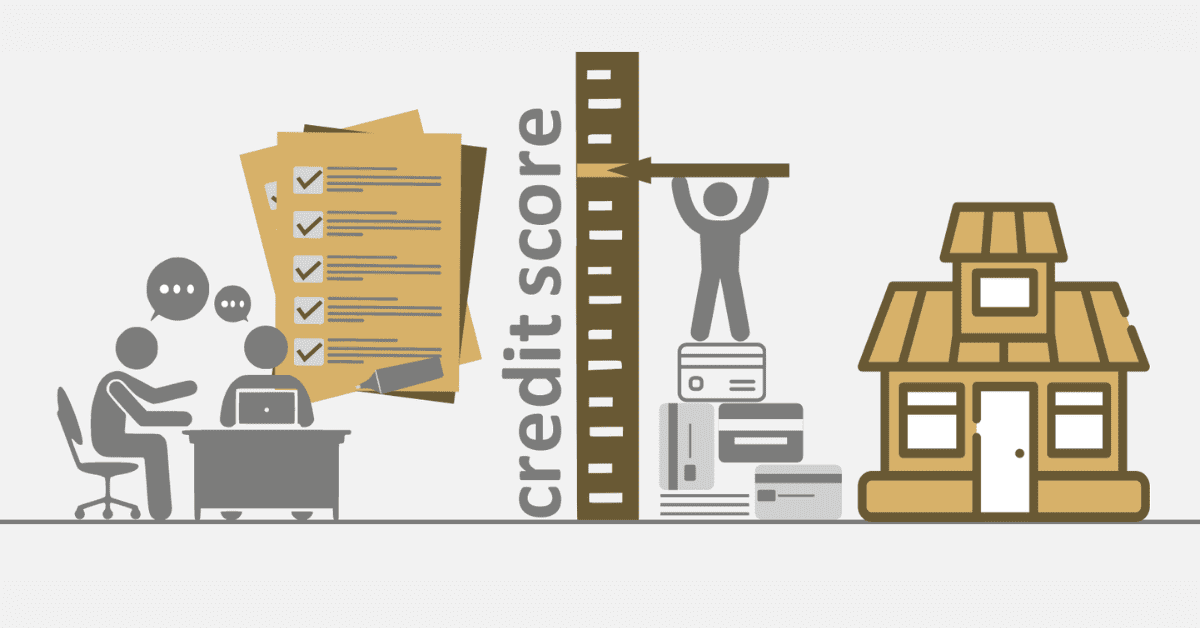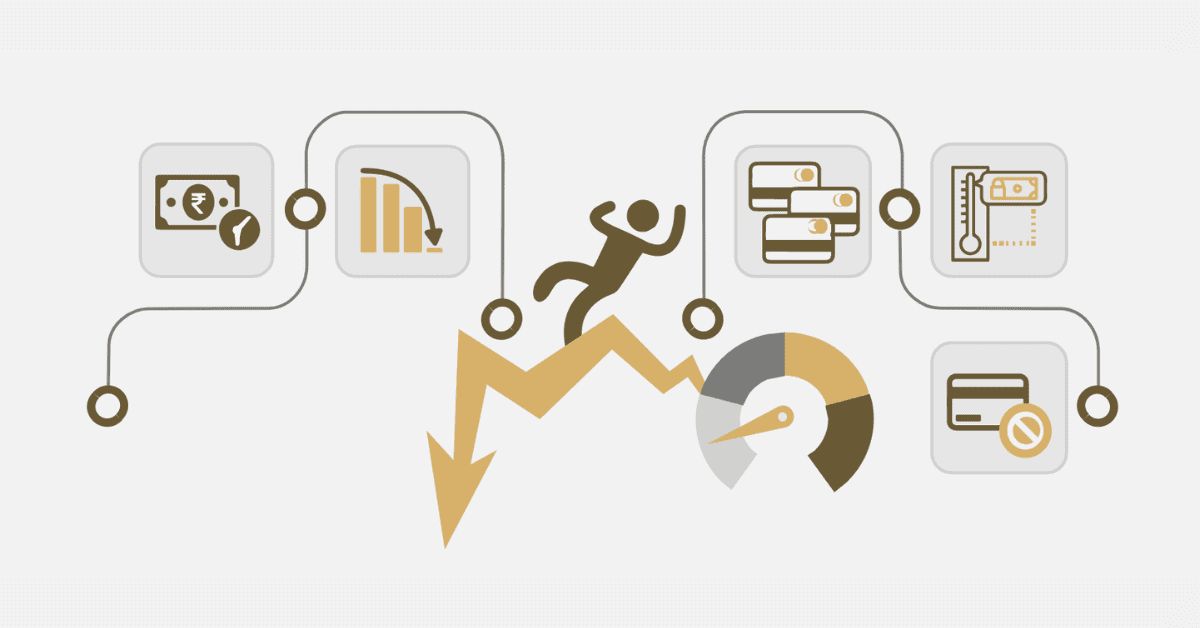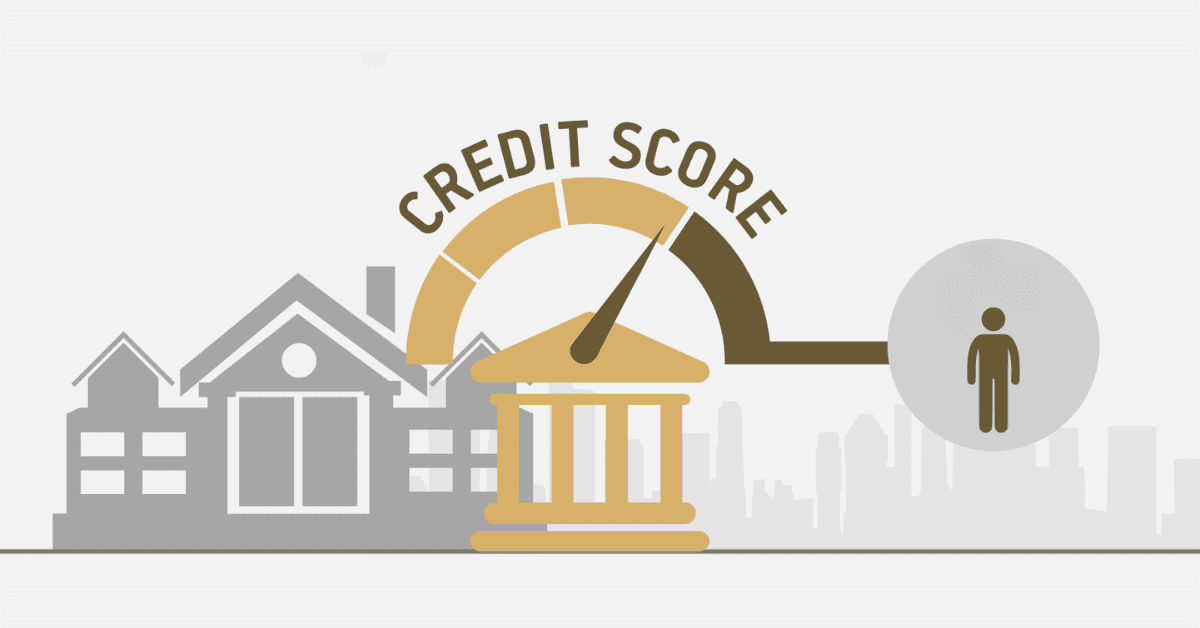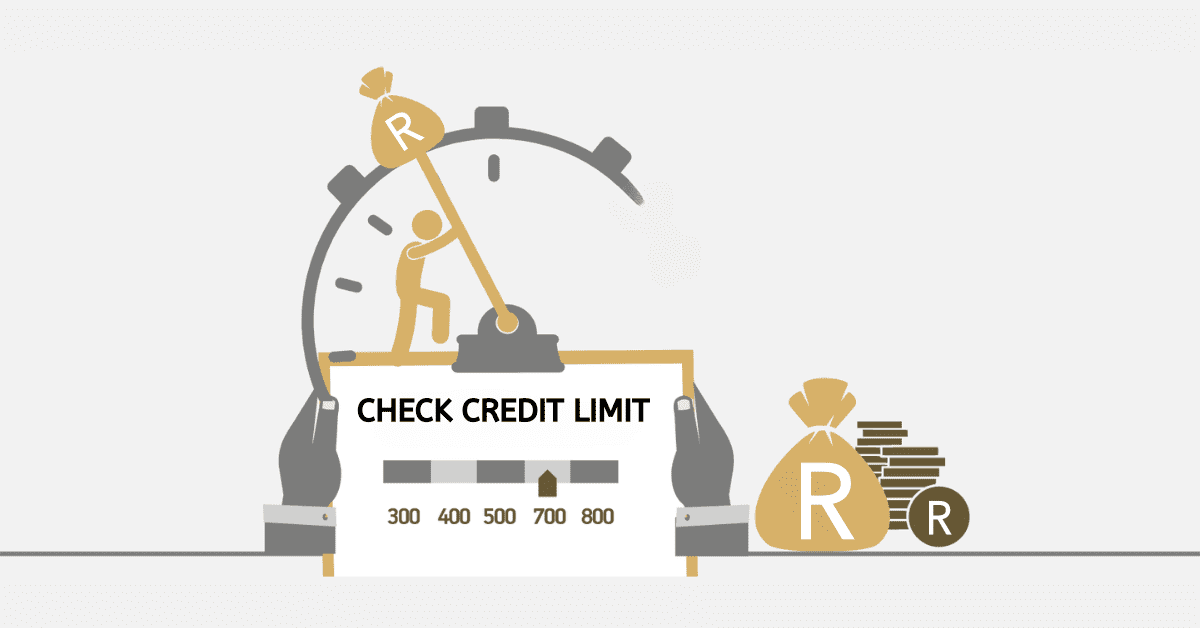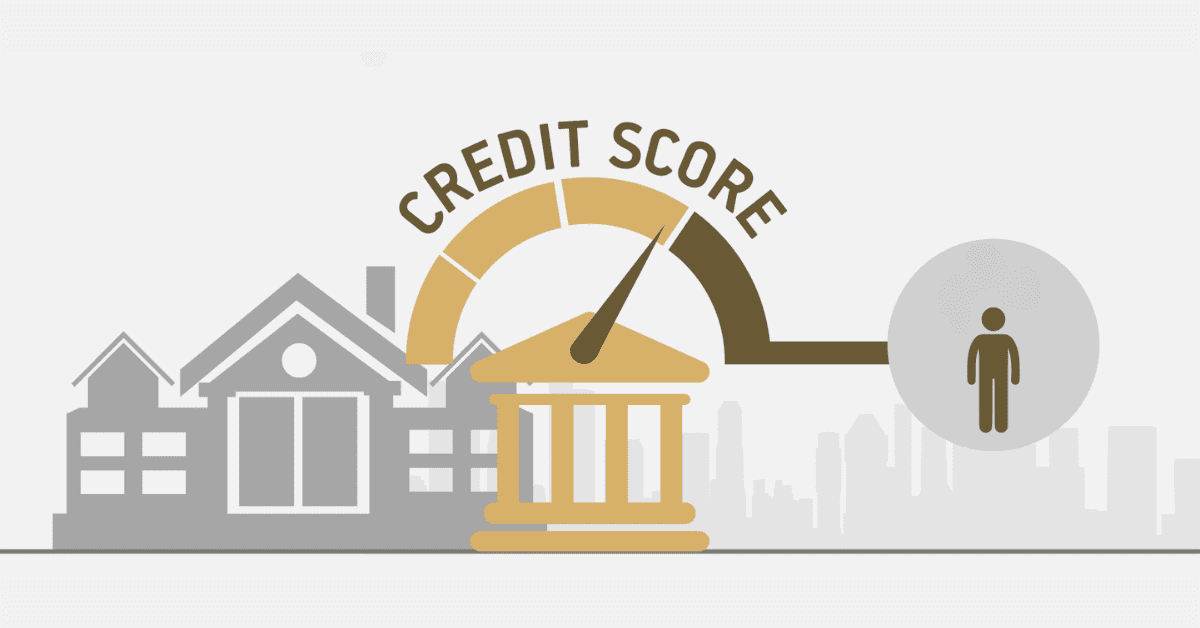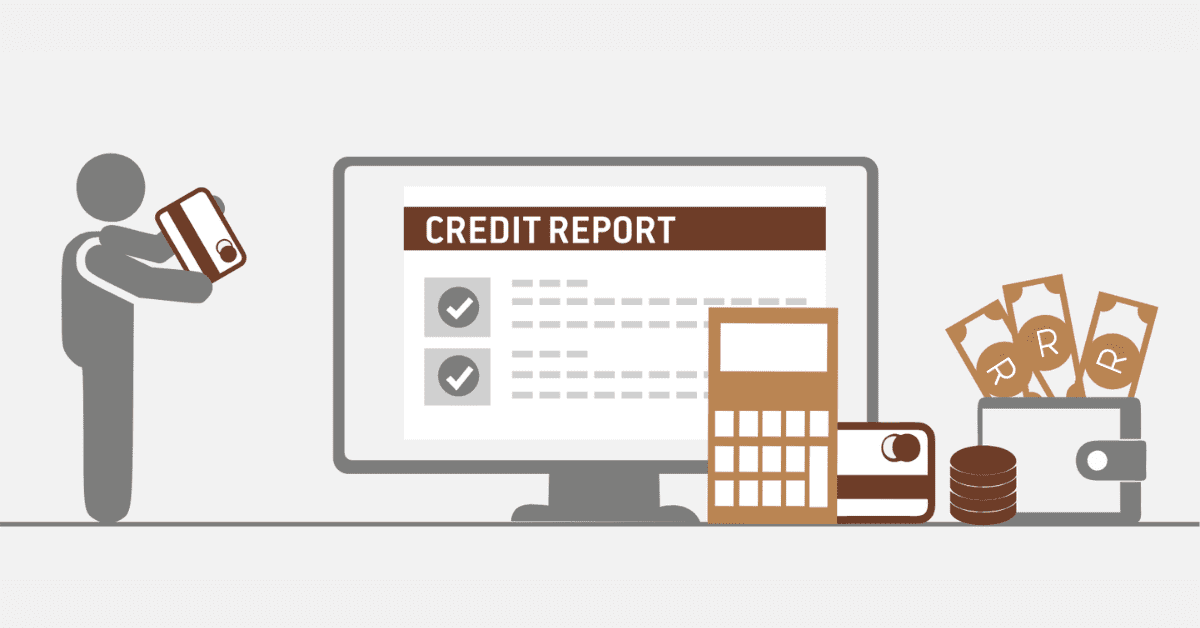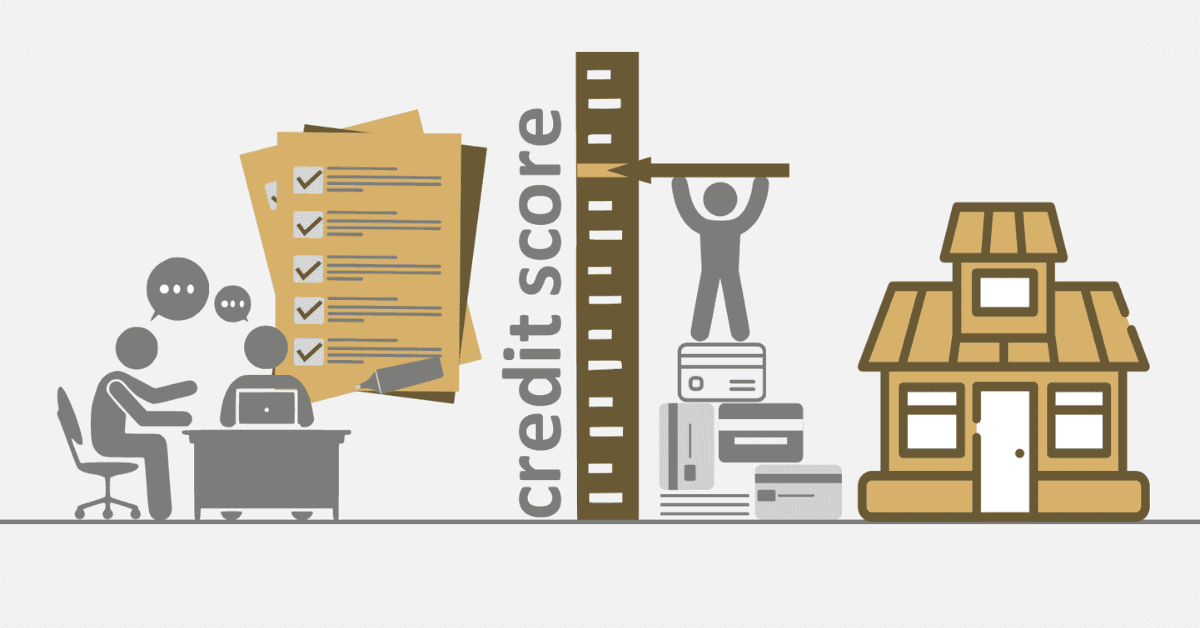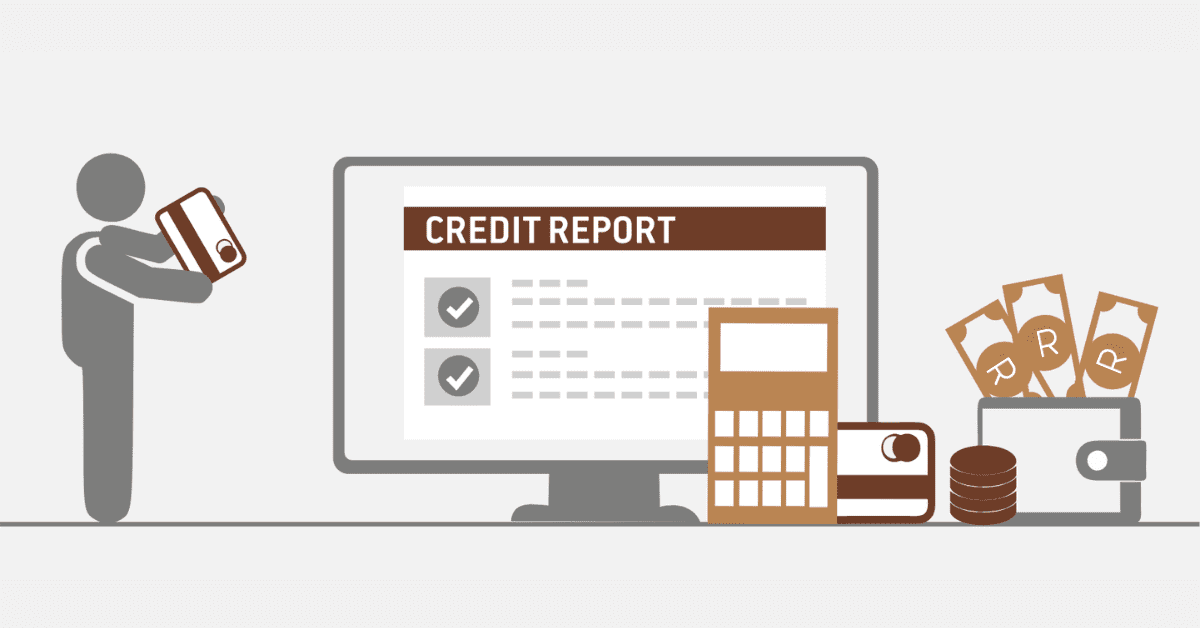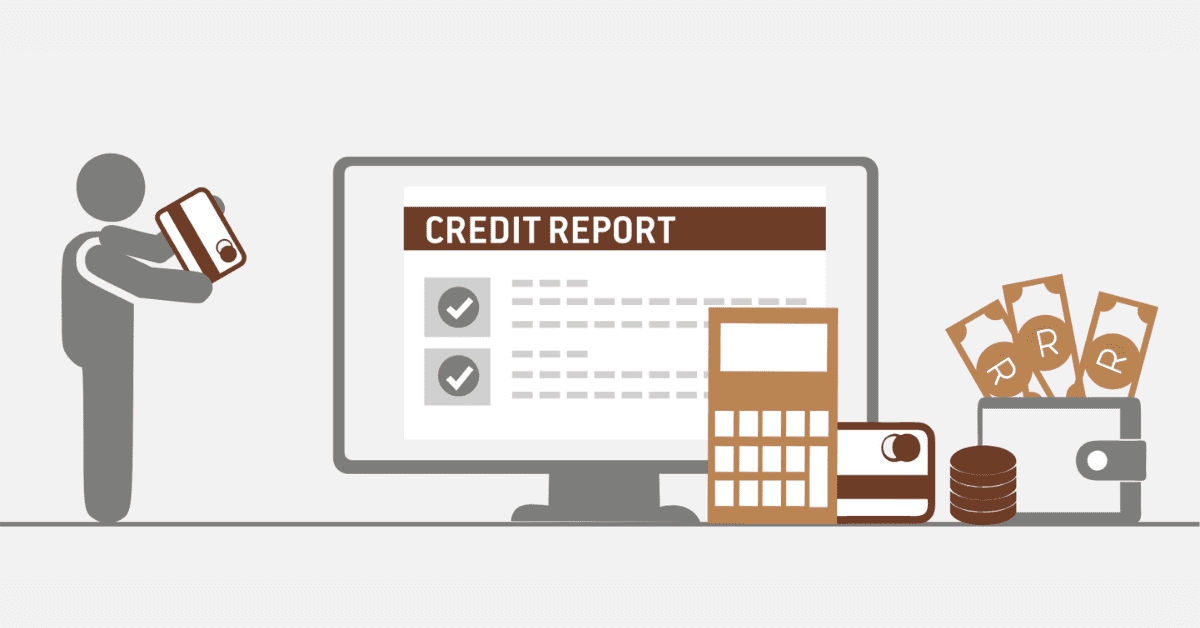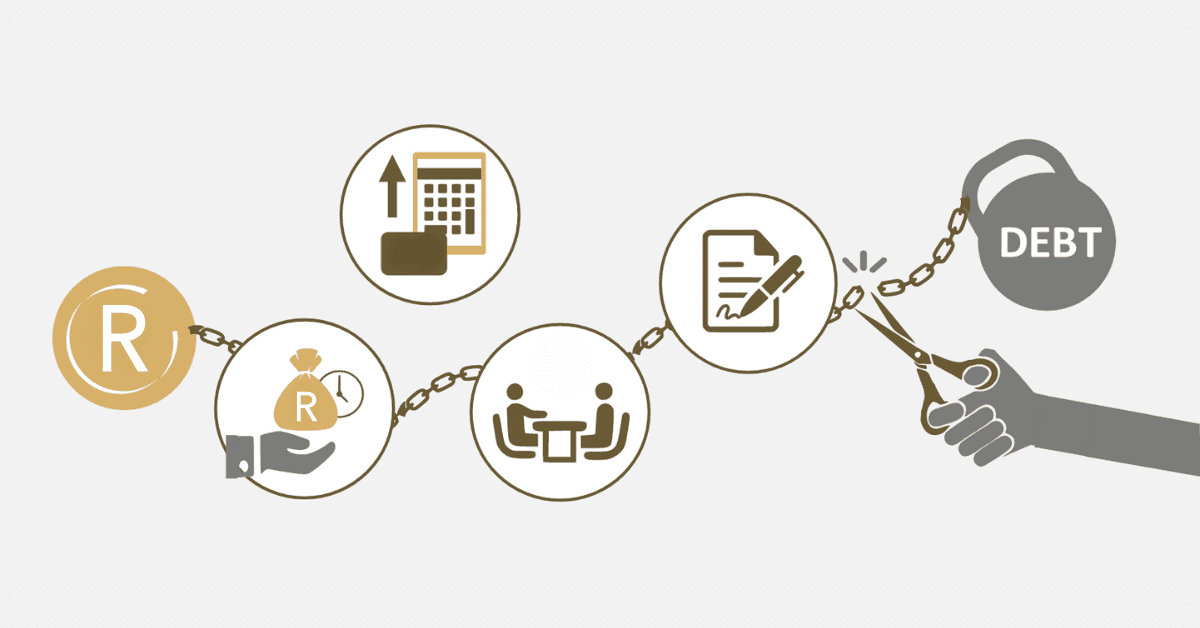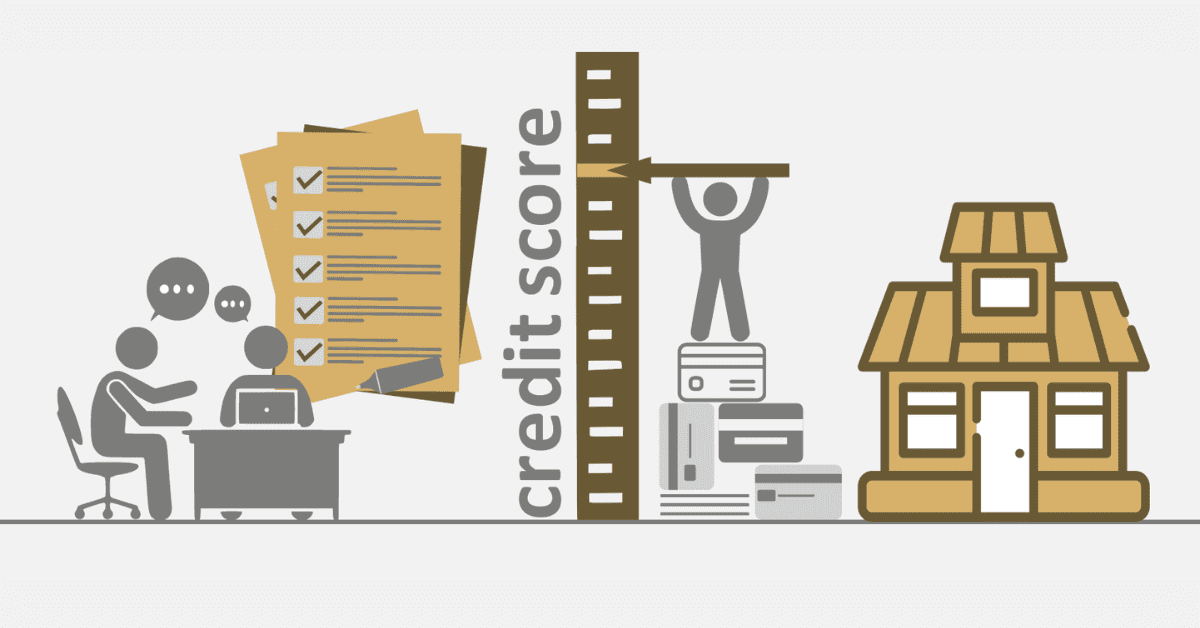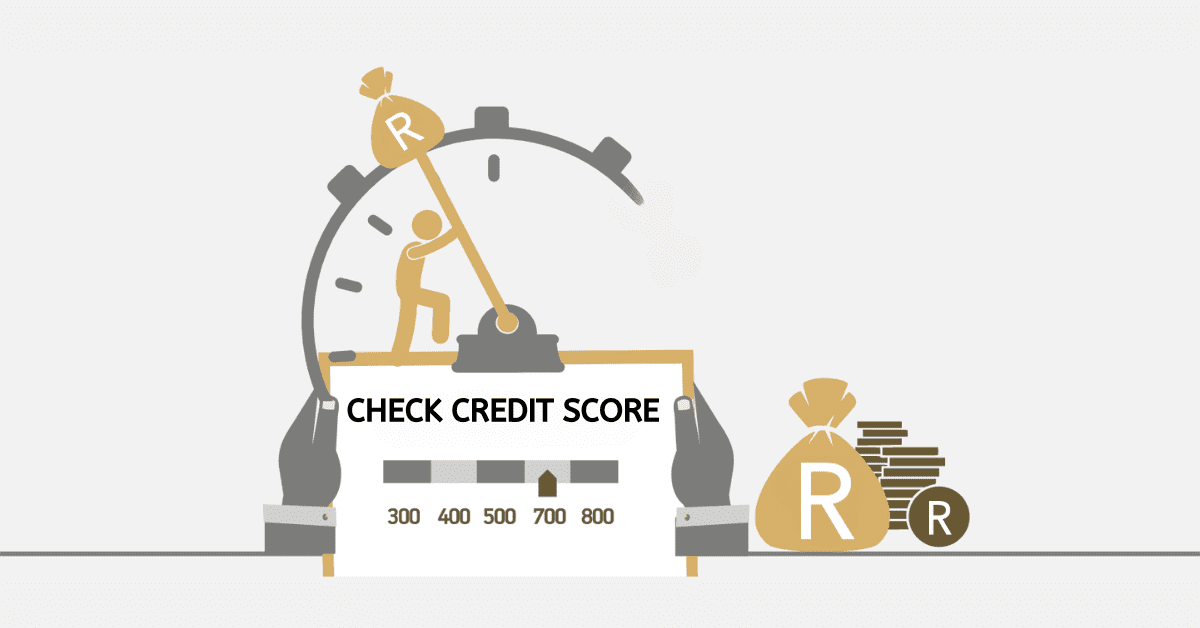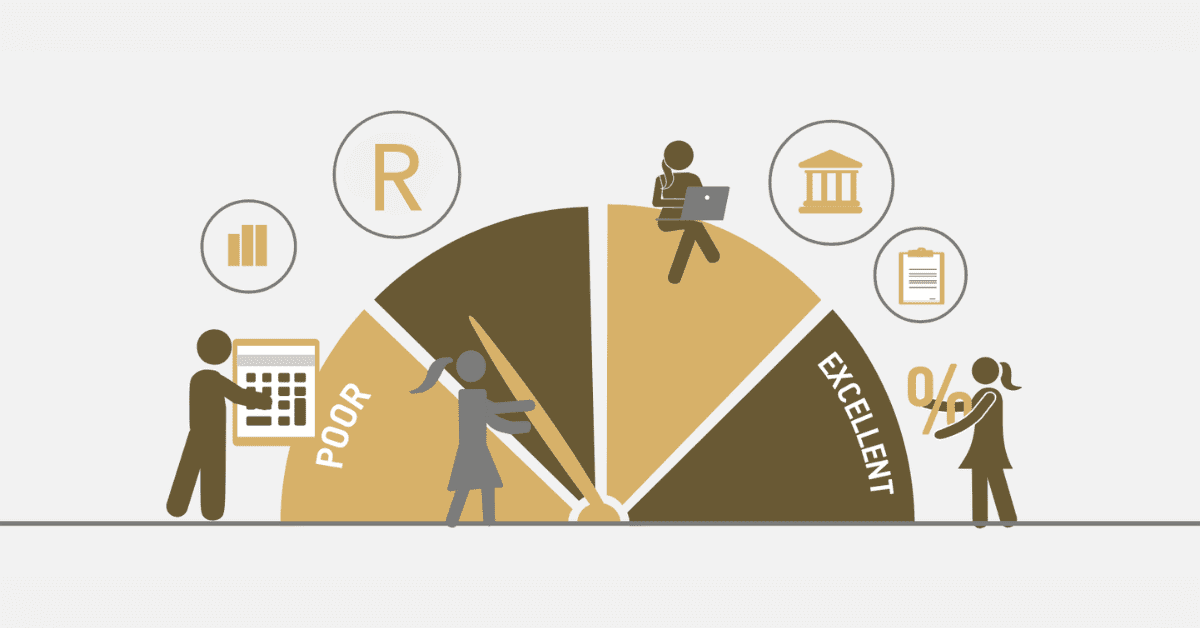Wondering if it is possible to reset your credit score? Having bad credit can affect your life in different ways. For instance, you may not qualify for loans like mortgages, credit cards, business loans, and other lines of credit if your score is below average. You may also be charged a high-interest rate when your credit score is weak. Unfortunately, resetting your credit score is not possible.
Reset Credit Score: Is It Possible to Get a Fresh Start?
You cannot reset, clear your credit score, or restart it, but you can only improve it. The credit reporting system is specifically designed to help lenders assess borrowers if they can repay the money they want. A credit score is the only credible measure that can help lenders make an informed decision. Therefore, resetting credit is not an option, since this action will negate the essence of the entire credit scoring system.
Declaring bankruptcy won’t reset your credit score, but it can only help you rebuild it over time. Bankruptcy can stay on your credit report for 10 years, but you will have a fresh score when you have successfully repaired. Another thing you should know is that no credit company can reset your credit score. Anyone who talks of offering services to reset credit scores is a scam. Stay away from them.
How to Reset Your Credit Score
First and foremost, you should know that the only way to reset your credit score is to change your behavior. When your credit score has taken a dip, you need to restrategize and take appropriate measures to rebuild it. Paying your bills on time is the most important step you should consider. Your payment history contributes 35% of the total credit score. Be sure not to miss any payments or make late payments since this will not help rebuild your account.
Pay off outstanding debts and avoid taking new credit when your score is still negative. As long as you have outstanding debt on your report, your score will remain down. Debt consolidation can help you manage your debts. This option allows you to combine your debts into a single loan that is easy to manage. It also comes with a lower interest rate to help you clear your credit.
Check your credit report for errors that can impact your score. Everyone is entitled to get a free credit report every year from each credit bureau. If there are mistakes on your report, make sure you dispute them to maintain good credit. You also need to be wary of issues like identity theft, which are now common in this digital world. When someone steals your identity information, they can use it to open credit without your knowledge. This can impact your credit score even when you pay all your bills on time.
Keep your credit utilization low if you want to rebuild your credit score. Maxing your credit card is dangerous since this may end up creating credit and interest you cannot pay. Additionally, high credit utilization paints a bad image for potential lenders. It is viewed as a sign of poor financial management.
Having a long credit history is good for your credit score. If you have credit card accounts that are no longer in use, you should not close them. Closing such accounts can affect your credit score. However, the credit card issuer will deactivate the dormant account in the long run. When you have more than two active credit cards, be sure to clear all the balances at the end of each month.
Avoid opening many credit lines in a short space since this can harm your credit score. When you apply for new credit, the lender checks your credit report to assess your creditworthiness. Several hard checks on your report will impact your credit score. Additionally, several credit applications may be interpreted as a sign of desperation by lenders.
One of the most effective ways to rebuild your credit score is to create a realistic budget and stick to it. This will help you stay within your means and avoid spending money you don’t have. When you follow your budget, you will be able to save a lot of money while at the same time rebuilding your credit score and history.
How Long Does It Take for Your Credit to Reset?
As you already know, you cannot reset your credit score but rebuild it over time. There is no definite timeline to repair your score. This process can take anything from six months up to a few years depending on your financial situation. Your level of financial discipline significantly contributes to the success of your credit score restoration journey.
If you successfully reset your budget, you will be impressed by the positive changes on your credit report and credit score. Many people often experience challenges related to overspending and failure to repay their debts. Once you overcome this challenge, you will observe a steady improvement in your credit score. You should put effective measures in place to prevent a relapse of your credit score when you fix it.
How Long Does Unpaid Debt Stay on Credit?
Negative information, such as unpaid debts usually stays on your credit report for about seven years. Other adverse information that can stay on your credit report for seven years includes late payments, bankruptcies, and accounts that have violated contractual agreements. If possible, it is vital to stay on top of your finances to avoid such a situation.
When your credit score has dropped to an undesirable level, there is no way you can reset it or reset it so that you can start afresh. The good thing is that you can rebuild your credit and enjoy all the benefits that come with a good credit score. Exercising financial discipline is key in helping you repair your score. Rebuilding your credit score is a long-term process that requires patience.
